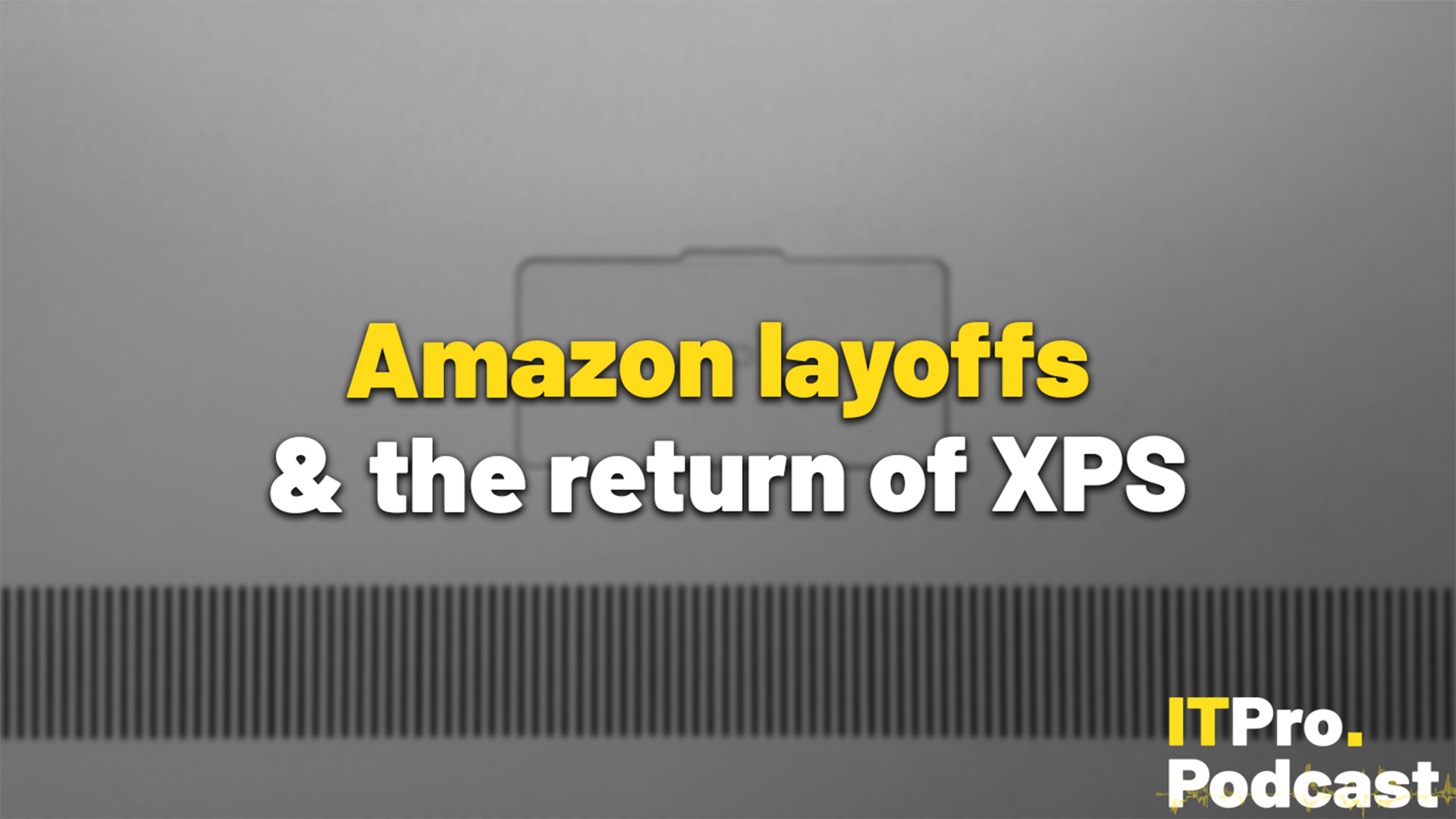Microsoft tweaks browser ballot
An error in the algorithm has been fixed to improve the browser ballot, Microsoft has confirmed.


Microsoft has fixed an algorithm problem that affected just how randomly its browser ballot displayed alternatives to Internet Explorer.
The browser ballot hit European computers this week, following an EU edict forcing Microsoft to do something to allay anti-competition charges regarding its bundling of IE with Windows.
Since then, reports have suggested the list of rival browsers - including Firefox and Chrome - isn't exactly random, although one researcher claimed it wasn't "nefarious," but the result of poorly written code.
Microsoft has now confirmed the error in the algorithm, and said it has set things straight.
"We can confirm that we made a change to the random icon order algorithm in the browser choice screen for Europe," said Kevin Kutz, director of public affairs for Microsoft, in a statement.
"We are confident the algorithm change will be an improvement. As always, we are grateful for the feedback we get from developers, and we thank those who commented on the topic and suggested changes."
Read on to find out how much the ballot will actually change browser market shares.
Sign up today and you will receive a free copy of our Future Focus 2025 report - the leading guidance on AI, cybersecurity and other IT challenges as per 700+ senior executives
Freelance journalist Nicole Kobie first started writing for ITPro in 2007, with bylines in New Scientist, Wired, PC Pro and many more.
Nicole the author of a book about the history of technology, The Long History of the Future.
-
 OpenAI sets February retirement date for popular GPT-4o model
OpenAI sets February retirement date for popular GPT-4o modelNews OpenAI has confirmed plans to retire its popular GPT-4o model in February, citing increased uptake of its newer GPT-5 model range.
-
 ITPro Podcast: Amazon layoffs and the return of XPS
ITPro Podcast: Amazon layoffs and the return of XPSITPro Podcast This year's tech layoffs have just begun, as Amazon sheds 16,000 workers in one go
